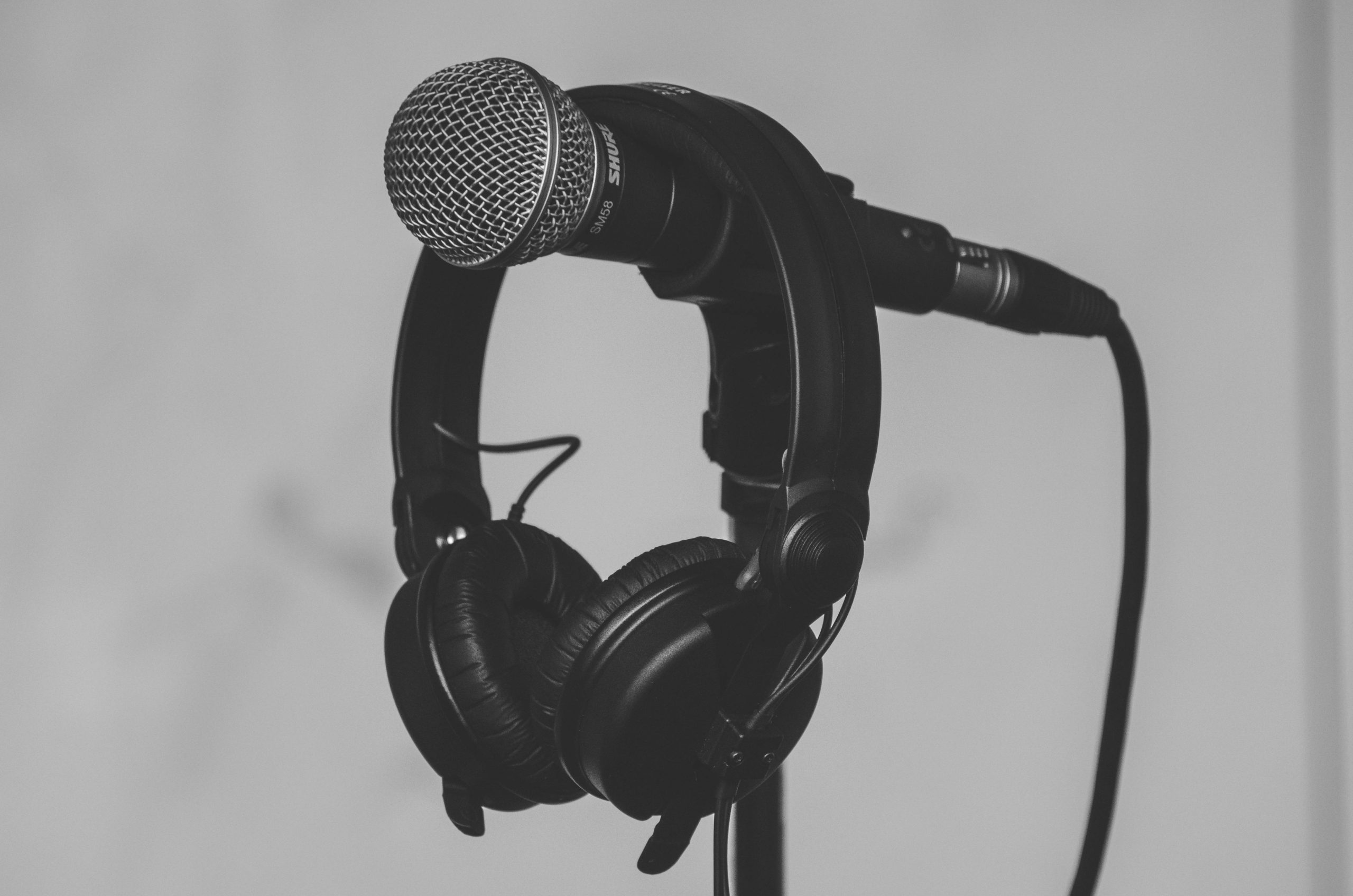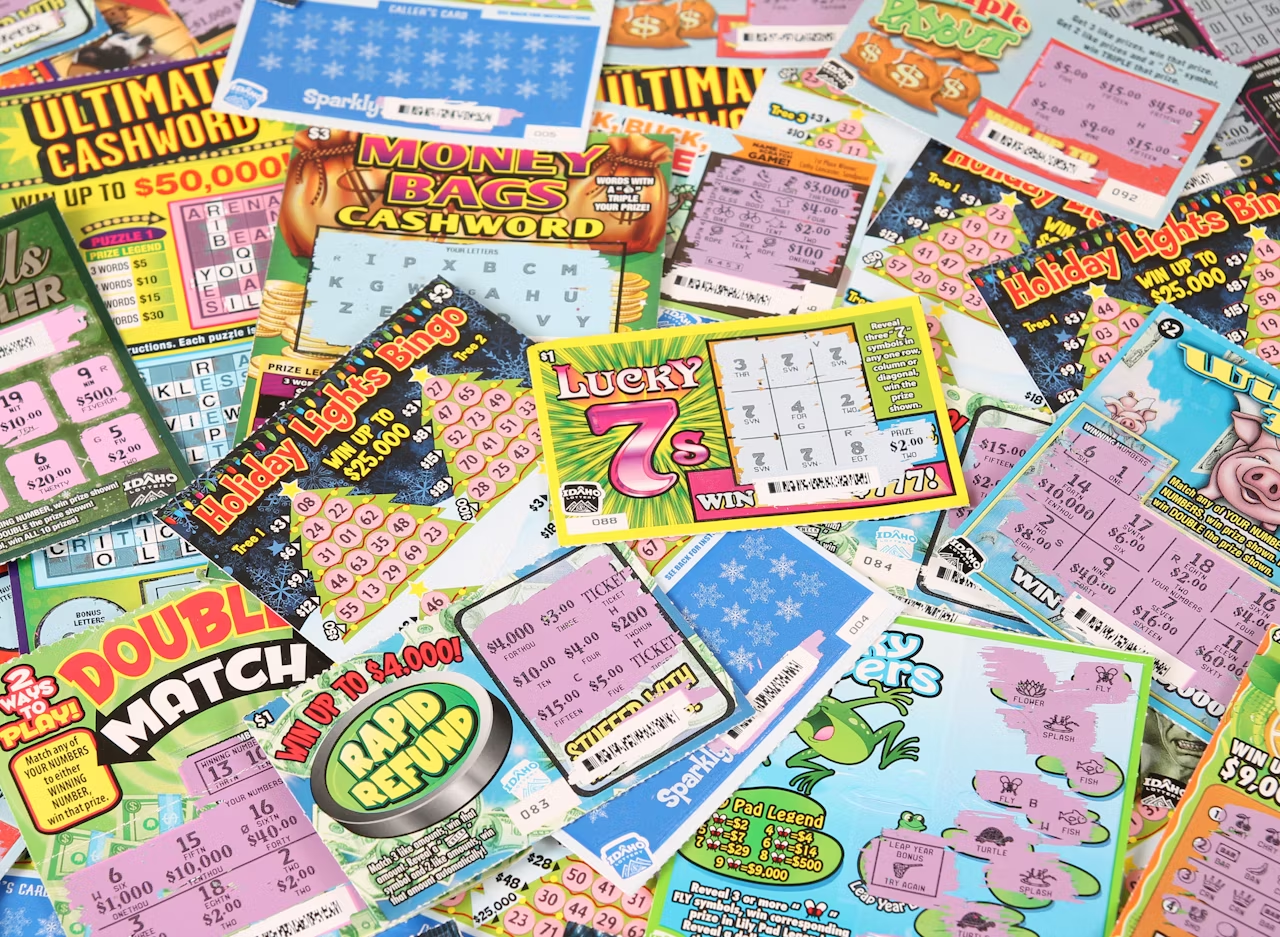For independent artists, music pitching is no longer just a part of the process—it is the process. In a world where discoverability is driven by playlists, blogs, and influencers, mastering the art of music pitching can be the key that unlocks your next big opportunity. Whether you’re looking to get your track on a curated Spotify playlist, a high-profile music blog, or into the hands of tastemakers, the right music pitching strategy makes all the difference.
1. Understand What Music Pitching Really Is
Music pitching is the strategic act of submitting your song to platforms, curators, and decision-makers who can help you gain exposure. It’s not just about sending your song out randomly—it’s about targeted outreach with a compelling story and professional presentation.
2. Pitch to the Right Platforms
Knowing where to pitch is half the battle. Focus your music pitching efforts on relevant Spotify playlist curators, Apple Music editors, YouTube channels, and blog reviewers who align with your genre and audience.
3. Build a Strong EPK (Electronic Press Kit)
A professional EPK is essential for successful music pitching. It should include a bio, high-quality press photos, your latest music, links to social platforms, and any relevant achievements or press coverage.
4. Customize Every Pitch
Never send a generic pitch. Tailor each music pitching message to the individual or platform you’re targeting. Personalization shows that you’ve done your homework and increases your chance of a response.
5. Perfect Your Subject Line
In email music pitching, your subject line determines whether your pitch gets opened. Make it short, clear, and enticing. Think: “Exclusive Premiere Opportunity – [Song Title]” or “[Artist Name] – New Indie Pop Gem for Review.”
6. Keep Your Message Concise
When it comes to music pitching, less is often more. Curators receive hundreds of submissions daily. Keep your email short, direct, and focused on why your track matters to them.
7. Include a Call to Action
Whether you’re asking for playlist consideration or blog coverage, always include a clear ask in your music pitching. Don’t assume they know what you want—spell it out politely and professionally.
8. Submit Before Release Day
Many platforms require advance notice. Aim to start your music pitching campaign at least 3–4 weeks before your release date. This gives curators time to evaluate your track and plan accordingly.
9. Leverage Spotify for Artists Tools
Use Spotify’s built-in music pitching tool to submit directly to editorial playlists. Fill out the metadata accurately and describe your song’s vibe, mood, and genre to improve your odds.
10. Target Algorithmic Playlists
Smart music pitching also includes efforts to trigger Spotify’s algorithmic playlists like Discover Weekly and Release Radar. Drive early traffic to your song via pre-saves, social media buzz, and email campaigns.
11. Utilize Submission Platforms
Platforms like SubmitHub, Groover, and Playlist Push streamline the music pitching process by connecting artists with curators in a more structured way. These can be a valuable supplement to direct outreach.
12. Build Real Relationships
The best music pitching happens when there’s already a relationship in place. Engage with curators, comment on their posts, share their playlists, and support their work before you ever pitch.
13. Highlight Your Story
Storytelling adds weight to your music pitching. Why did you write the song? What inspired the sound? Sharing your narrative can create emotional engagement that makes your music more memorable.
14. Track Your Submissions
Keep a spreadsheet or use a CRM to monitor your music pitching outreach. This helps you stay organized, follow up appropriately, and measure what’s working.
15. Follow Up—But Don’t Spam
A polite follow-up 5–7 days after your initial music pitching email is perfectly acceptable. Just don’t overdo it. If you don’t hear back after two tries, move on to the next opportunity.
16. Be Professional and Gracious
Courtesy counts. Even if your music pitching doesn’t lead to a placement, thank the person for their time. Leave the door open for future opportunities by being kind and respectful.
17. Refine with Each Release
Music pitching is a learning process. Analyze your results, adapt your approach, and keep refining your strategy with every release. With each cycle, your skills and network will grow.
Final Thoughts
Effective music pitching is a blend of art and science—an evolving strategy that goes beyond simply sending a link. It’s about understanding your audience, crafting a compelling narrative, and delivering your message with precision and professionalism. The more you invest in thoughtful, strategic music pitching, the better your chances of turning your passion into progress. Independent artists who prioritize music pitching as part of their release strategy position themselves for sustainable growth, meaningful connections, and long-term visibility in an increasingly crowded music landscape. So don’t treat music pitching as an afterthought—treat it as a critical career skill worth mastering.











Leave a Reply